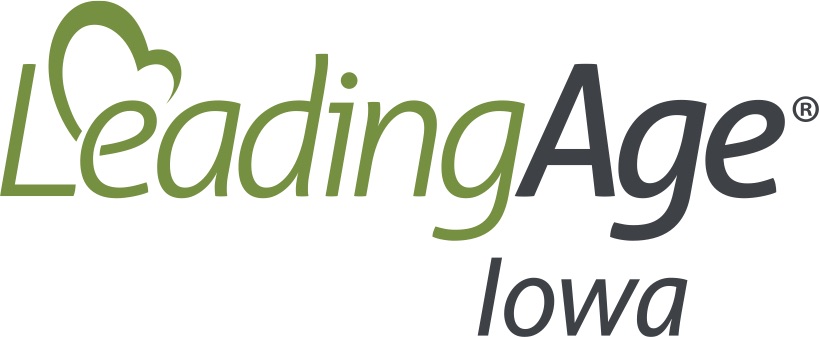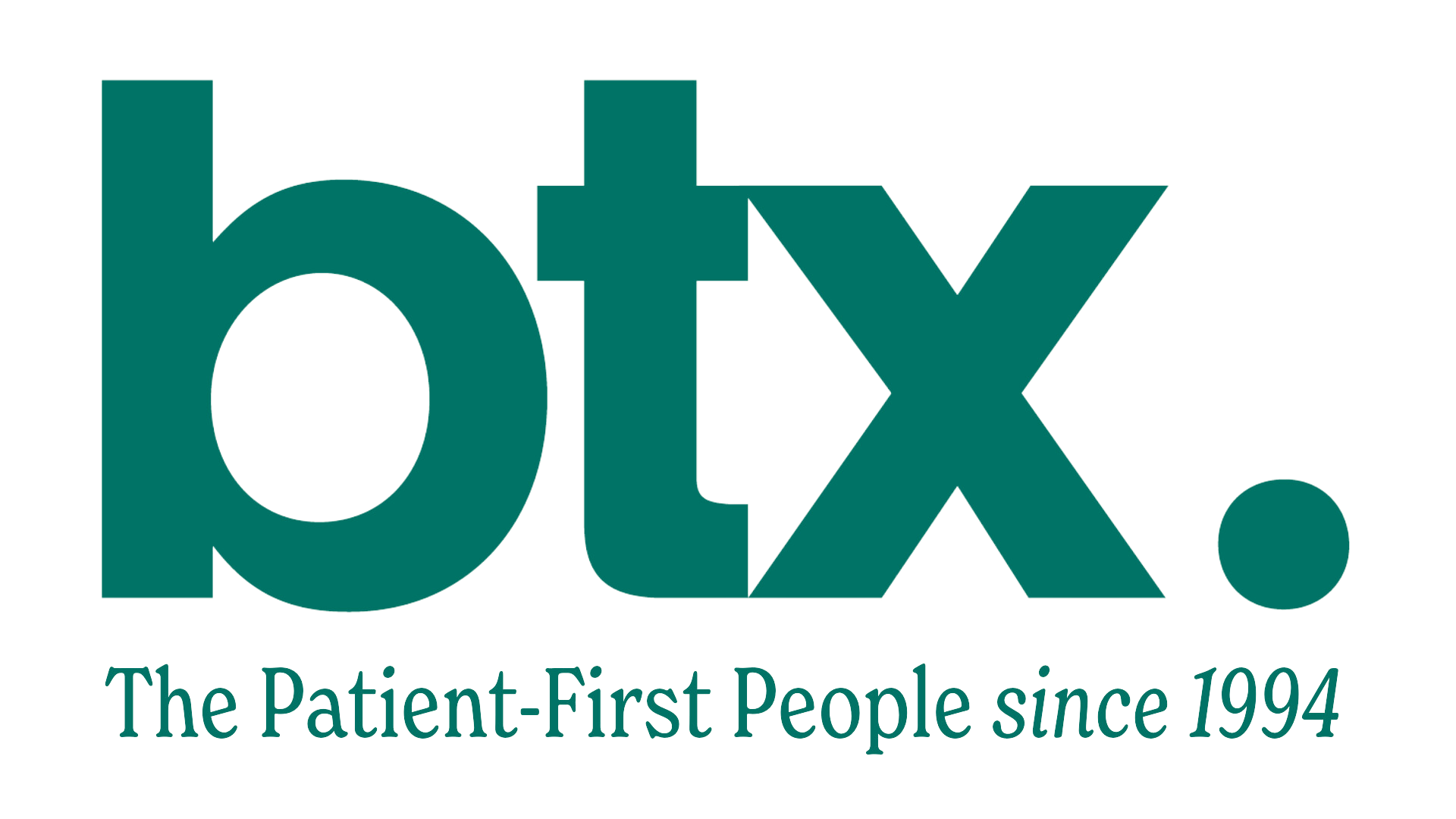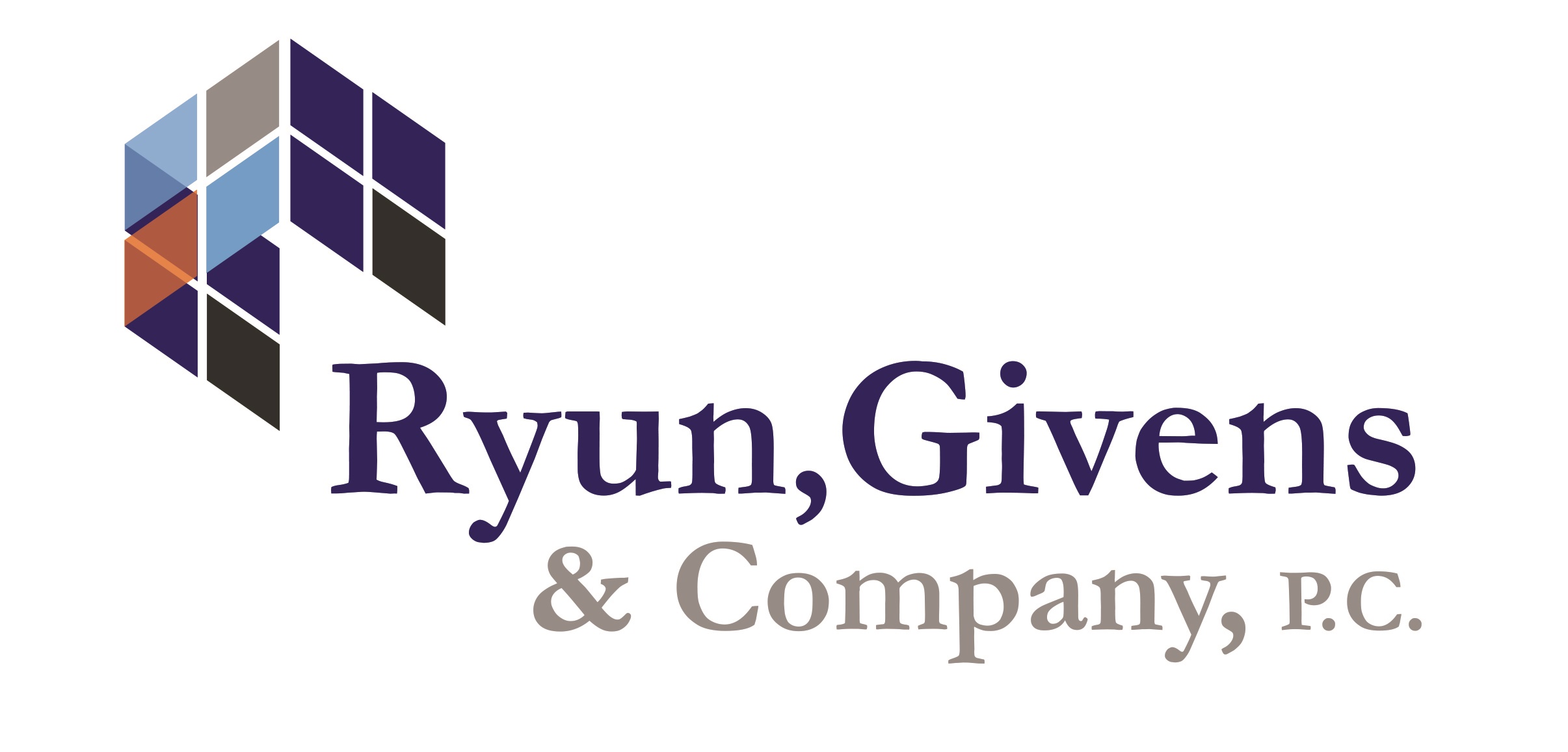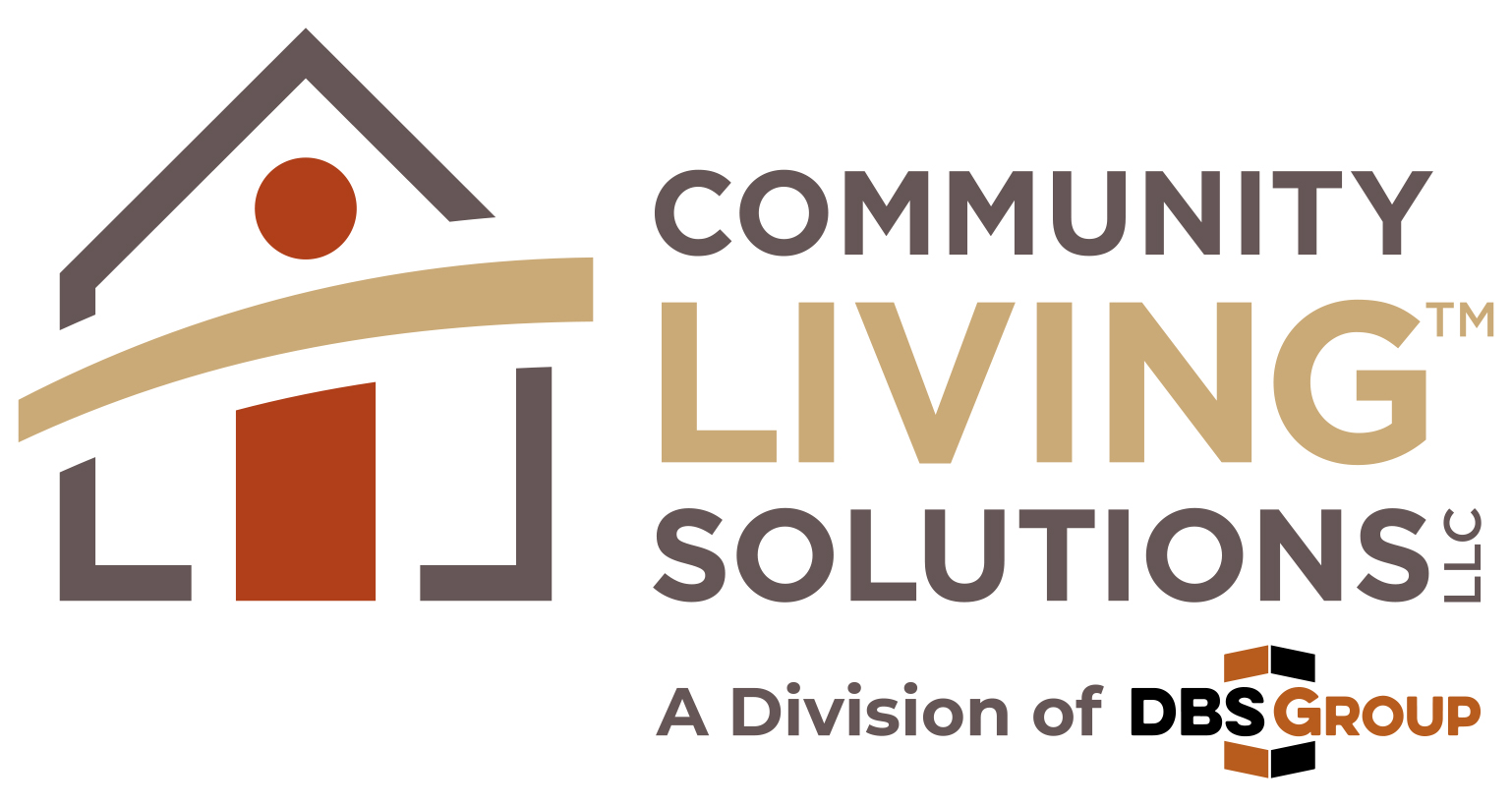|
67.9 Sufficient Staffing Levels & Training In addition to the nurse delegation rules included in last month’s Assisted Living (AL) rule review, Chapter 67.9 also contains rules regarding sufficient staffing and additional training requirements. While the rules in AL don’t provide an overall staffing per tenant ratio, they indicate that the staffing levels must be sufficient and must have training to meet identified tenants’ needs. This can be very subjective, however, if during tenant council or town hall meetings you receive complaints about staff response to pendants or a lack of services provided then you likely are not meeting the “sufficient staffing” requirement. Staff must also be able to implement emergency procedures including accidents and fire safety at all times. In order to meet this requirement, staff must be appropriately trained on your procedures. A best practice for this is on hire and periodically thereafter. Each program should identify what periodically means. A good process to identify if your program includes enough training on these emergency procedures is by testing the staff such as drills. Are they following the policies when conducting fire drills? If not, you will want to re-educate them on what they should be doing. The last training item included in Chapter 67.9 is dependent adult abuse training. The Assisted Living rules for dependent adult abuse are based on Iowa Code 235B.16. The Iowa Code indicates that staff shall complete two hours of training relating to the identification and reporting of dependent adult abuse within six months of hire and every three years thereafter. In addition, programs may provide supplemental training specific to identification and reporting of dependent adult abuse as it relates to the individual's professional practice. This includes program specific procedures on abuse. Chapter 67.9(5) is the last rule in this subsection and relates to prohibited practices. A program staff member cannot be designated as a tenant’s attorney-in-fact, guardian, conservator, or representative payee unless the program staff member is related to the tenant by blood, marriage, or adoption. |













